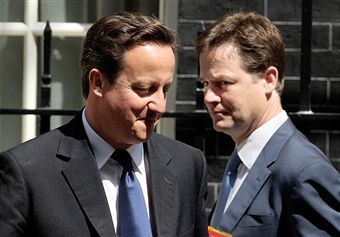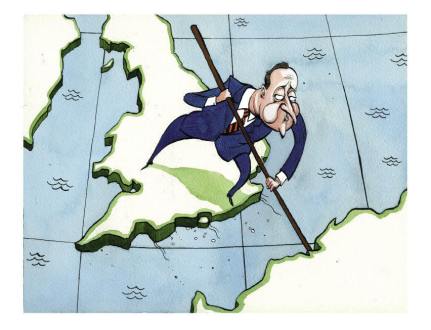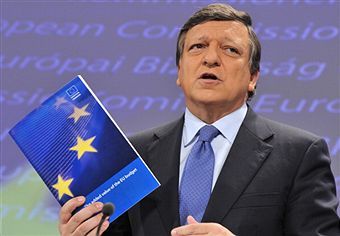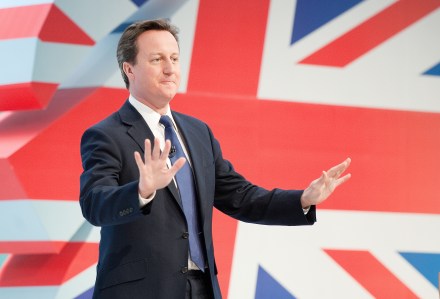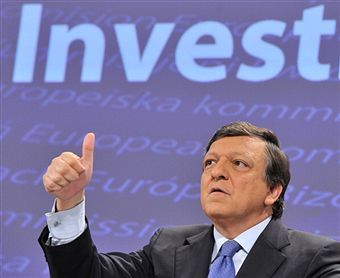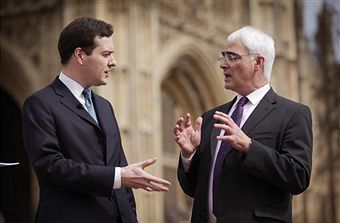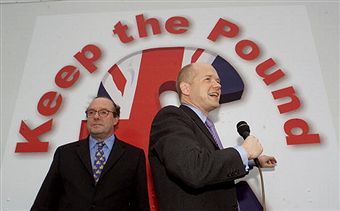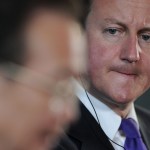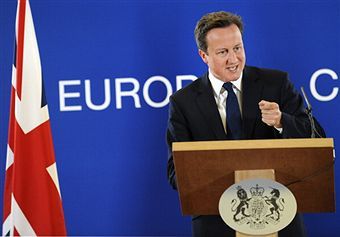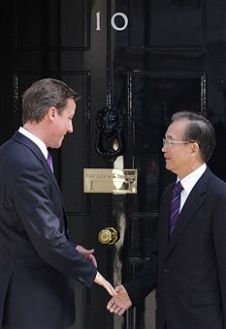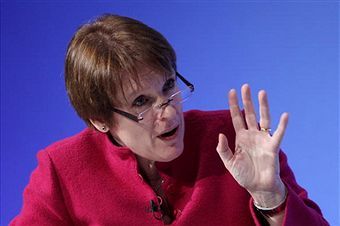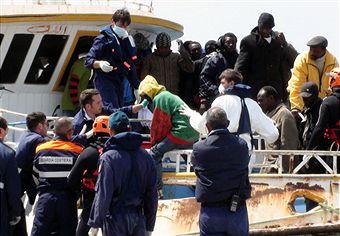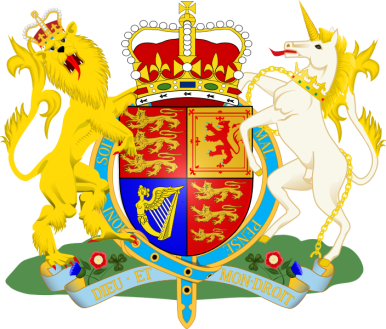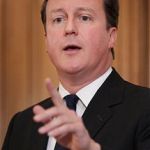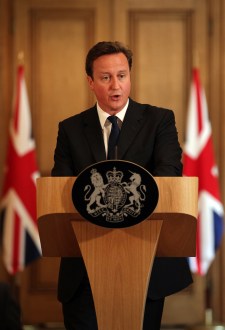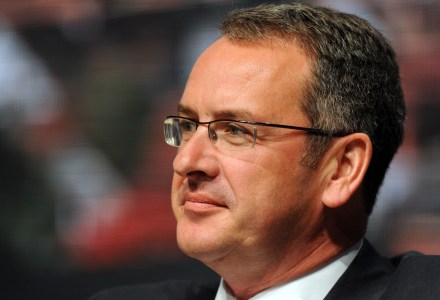Clegg: don’t let’s be beastly to the eurozone
If you strain your ears, and listen very carefully above the din of the phone hacking scandal, then you may just hear Nick Clegg’s voice wafting across the Channel from Paris. Our Deputy Prime Minister is on the Continent today, delivering a speech that, in other circumstances, might have made more of a splash. This is, after all, a speech in which he stands up for the eurozone, and chastises those eurospectics — some of them within the coalition parties — who are eagerly anticipating its collapse. Or as he puts it himself: “A successful eurozone is essential for a prosperous UK. So there is no room for Schadenfreude here,
